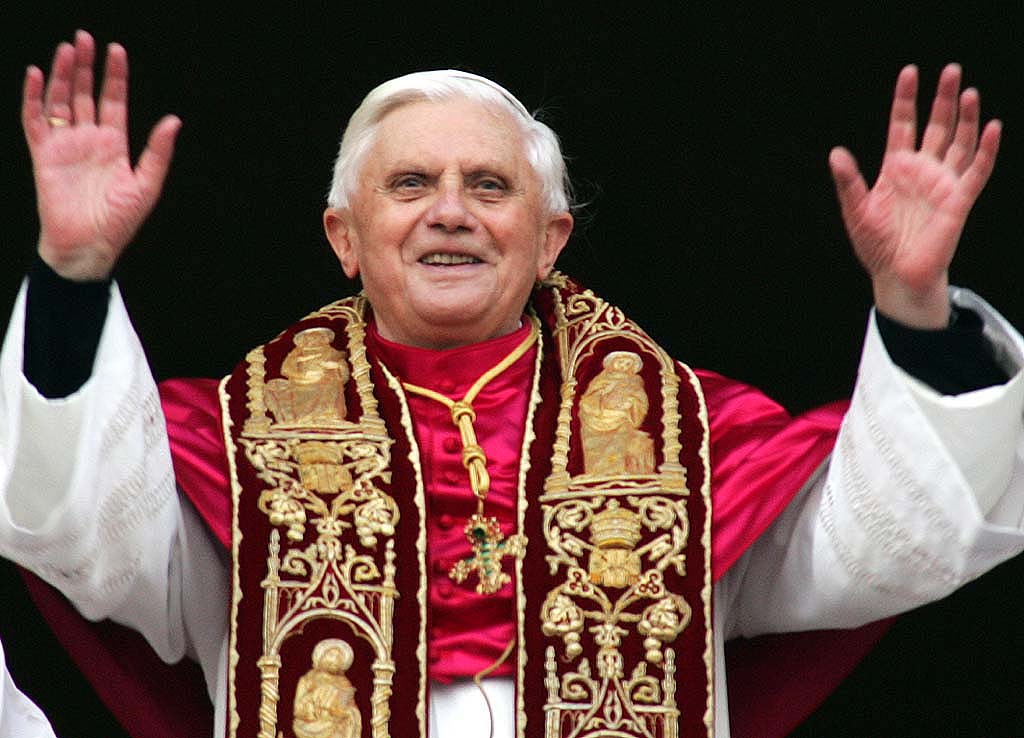 The Ultimate Relationship is a tool you can use to share the Gospel clearly and simply. The presenter walks a person, or “listener,” through a step-by-step presentation. The listener is able to understand what the Gospel message is and thus take the opportunity to commit or re-commit his or her life to Jesus Christ.
The Ultimate Relationship is a tool you can use to share the Gospel clearly and simply. The presenter walks a person, or “listener,” through a step-by-step presentation. The listener is able to understand what the Gospel message is and thus take the opportunity to commit or re-commit his or her life to Jesus Christ. The booklet has four main messages:
1. God created us for a relationship with Him
2. Our relationship is broken through sin
3. Jesus restores our relationship with the Father
4. We have the choice to accept or reject this offer
Why use the Ultimate Relationship?
Too often we assume that certain people have already given their life to Christ or that they have actually heard the Gospel before. We must never make this assumption. Fr. Raniero Cantalamessa, preacher to the papal household, says this,
“I can see from my own experience that even if I speak of many beautiful concepts, nothing seems to happen. We must proclaim Jesus as Lord and Savior, helping people to grasp what it means to have Jesus as their Savior — not in a theoretical way, but that every day they have a Savior, someone who will lift them from their fatigue of the day, of their sin, and their mistakes, and who renews them. He saves us. When you proclaim this living, crucified and risen Jesus, something always happens.”
Many of us desire to share the Gospel with others, but we return to a common excuse: I just don’t know how. The Ultimate Relationship takes this excuse out of the equation. The booklet gives you an opening to share the Gospel. It helps you to know what to say. It is easy to present. It helps you to stay on topic. It enables you to be brief, prepared, and confident. And finally, it can be given away to the listener at the end. If we fail to share the Gospel with others, we can’t use the excuse that we don’t know how to share it.
Who can I use the Ultimate Relationship with?
Strangers
Acquaintances
Friends and family members
Bible study members
Disciples
Yourself
To continue reading this article and to learn more about how to use the Ultimate Relationship, click here and then click on the article entitled, The Ultimate Relationship.














